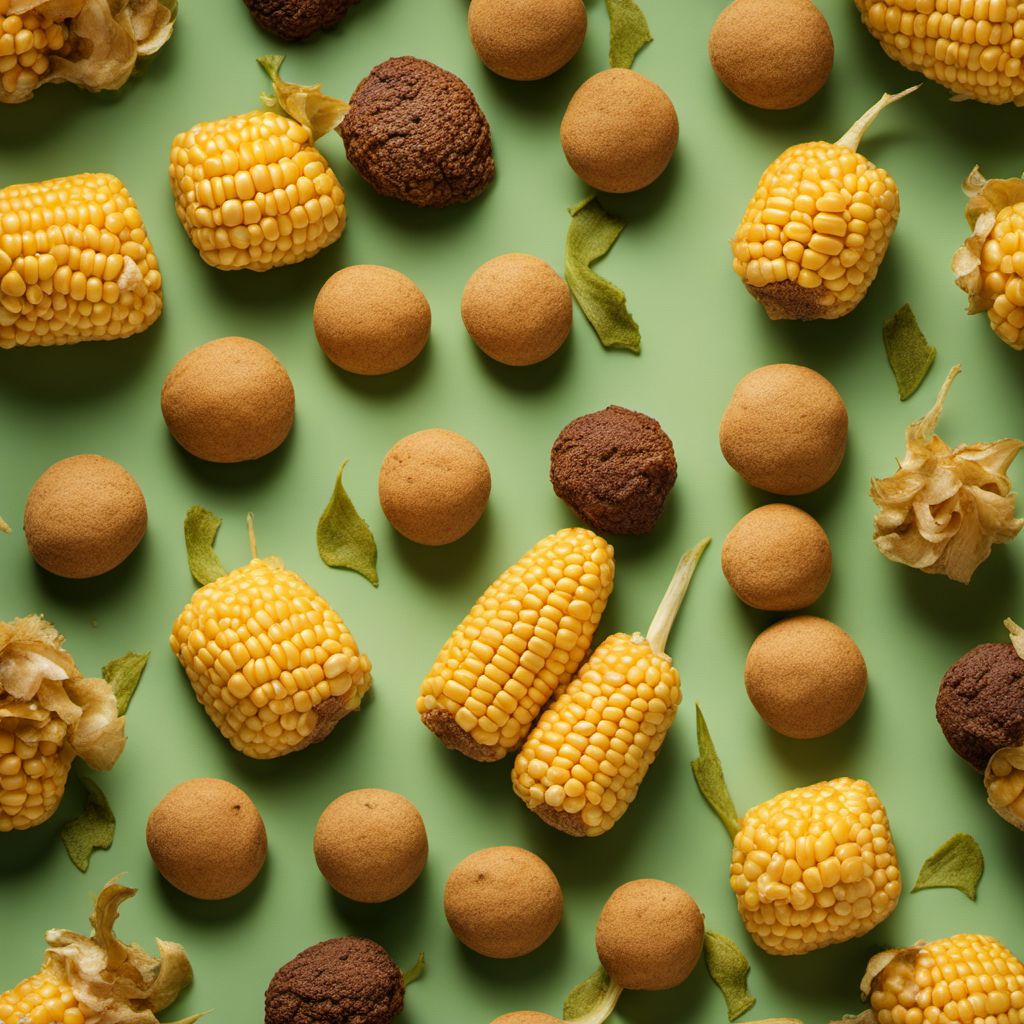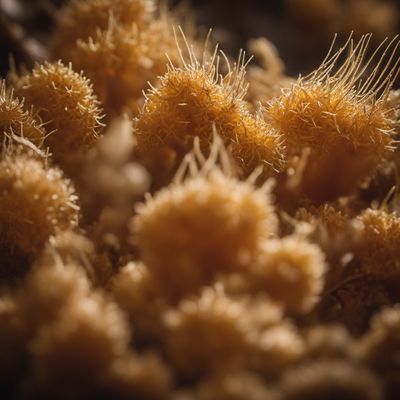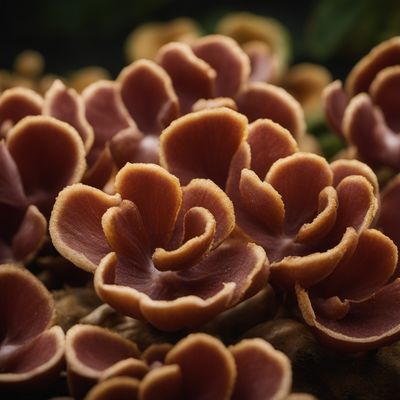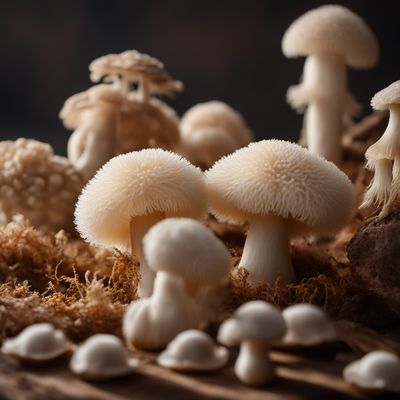
Ingredient
Corn smuts
The Mysterious Corn Fungus
Corn smuts are a type of fungus that infects corn plants, causing the kernels to swell and develop a dark, velvety appearance. They have a distinctive flavor that is often described as earthy, smoky, and slightly sweet. Corn smuts are commonly used in Mexican cuisine, particularly in dishes like quesadillas, soups, and tacos.
Origins and history
Corn smuts have a long history in Mexican cuisine and were consumed by indigenous cultures long before the arrival of Europeans. They were highly valued for their unique flavor and were considered a delicacy. Today, corn smuts are still primarily associated with Mexican cuisine, although they are gaining popularity in other parts of the world as well.
Nutritional information
Corn smuts are a good source of protein, fiber, and various vitamins and minerals, including niacin, riboflavin, and potassium. They are also low in fat and calories. However, it is worth noting that the nutritional composition of corn smuts can vary depending on the stage of development and the specific corn variety infected.
Allergens
There are no known allergens specifically associated with corn smuts. However, individuals with corn allergies should avoid consuming corn smuts or any dishes containing them.
How to select
When selecting corn smuts, look for ones that are fresh and free from any signs of mold or decay. They should have a dark, velvety appearance and a firm texture. Avoid corn smuts that are overly soft or have a strong, unpleasant odor.
Storage recommendations
Corn smuts are best consumed fresh, as they tend to lose their flavor and texture over time. If you have more corn smuts than you can use immediately, you can freeze them for later use. Simply clean and blanch the corn smuts, then pack them in airtight containers or freezer bags. Frozen corn smuts can be stored for up to 6 months.
How to produce
Corn smuts are a natural occurrence and cannot be intentionally produced or cultivated. They are the result of a fungal infection that can affect corn plants under certain environmental conditions. However, there are ongoing efforts to develop methods for controlled cultivation of corn smuts to meet the growing demand.
Preparation tips
Corn smuts can be used in a variety of dishes, including quesadillas, soups, stews, tacos, and tamales. They can be sautéed with onions and garlic, added to omelets or scrambled eggs, or used as a filling for enchiladas. Corn smuts pair well with other ingredients commonly found in Mexican cuisine, such as beans, cheese, chilies, and cilantro.
Substitutions
There are no direct substitutions for corn smuts due to their unique flavor and texture. However, if corn smuts are not available, you can try using other mushrooms or fungi with a similar earthy flavor, such as shiitake or portobello mushrooms.
Culinary uses
Corn smuts are primarily used in Mexican cuisine, where they are considered a delicacy. They are commonly used in dishes like quesadillas, soups, and tacos. Corn smuts are also gaining popularity in other parts of the world, particularly among chefs and food enthusiasts who appreciate their unique flavor and culinary potential.
Availability
Corn smuts are most commonly found in Mexico, where they are known as huitlacoche. They are also cultivated and consumed in other Latin American countries, such as Guatemala and El Salvador. In recent years, corn smuts have gained recognition in the United States and can be found in specialty markets and restaurants.
More ingredients from this category » Browse all

Fusarium venenatum
The Fungal Protein: Fusarium Venenatum

Horse mushrooms
The Majestic Fungi of the Earth

Enokitake
The Delicate Beauty of Enokitake Mushrooms

Shiitake
The Mighty Shiitake

Wood blewits
The Enigmatic Wood Blewits: A Hidden Gem in the Culinary World

Common mushrooms
The Versatile Fungi

Jew's ears
Nature's Edible Fungi: Unveiling the Secrets of Jew's Ears

Paddy straw mushroom
The Golden Fungi

Snow mushrooms
The Delicate Beauties of the Forest

Nameko
The Versatile Mushroom

Pom-pom blancs
The Delicate Delight: Exploring the World of Pom-pom Blancs

Shimeji
The Delicate Mushroom: Shimeji